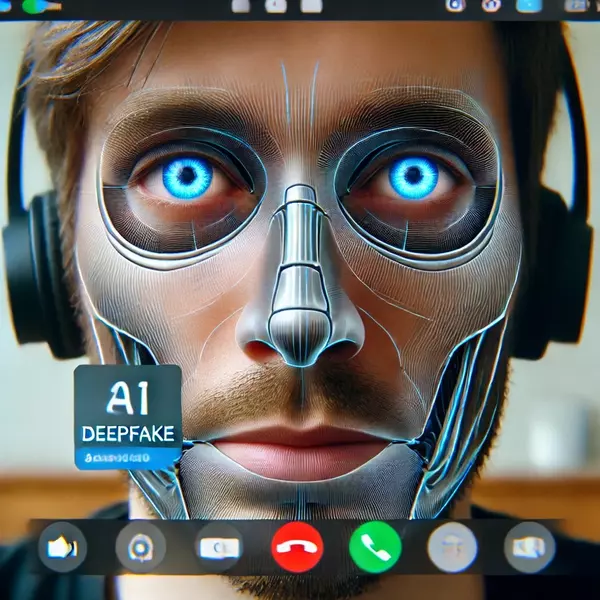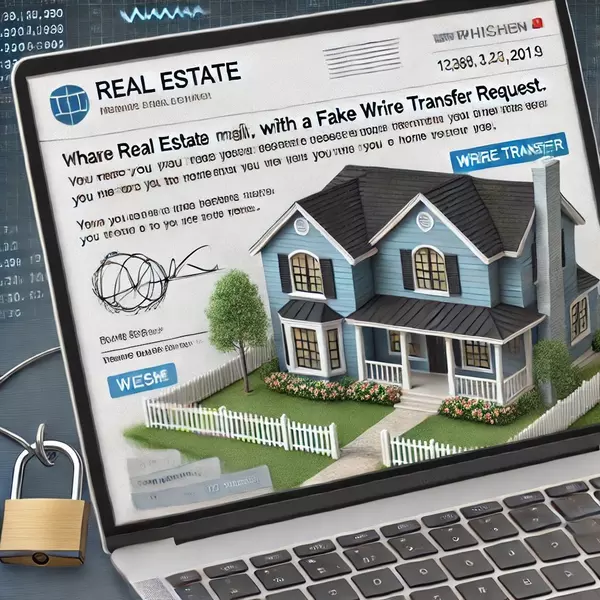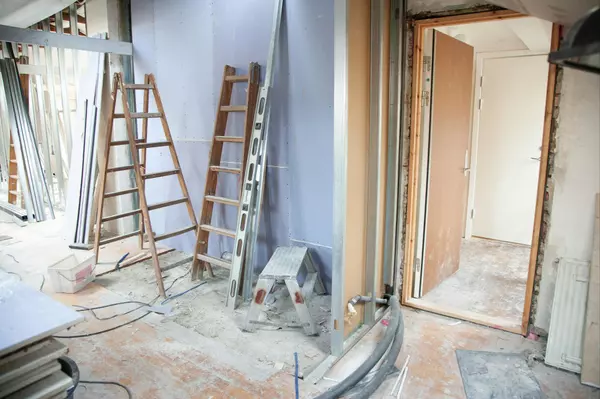The Rise of Deepfake Scams in Real Estate
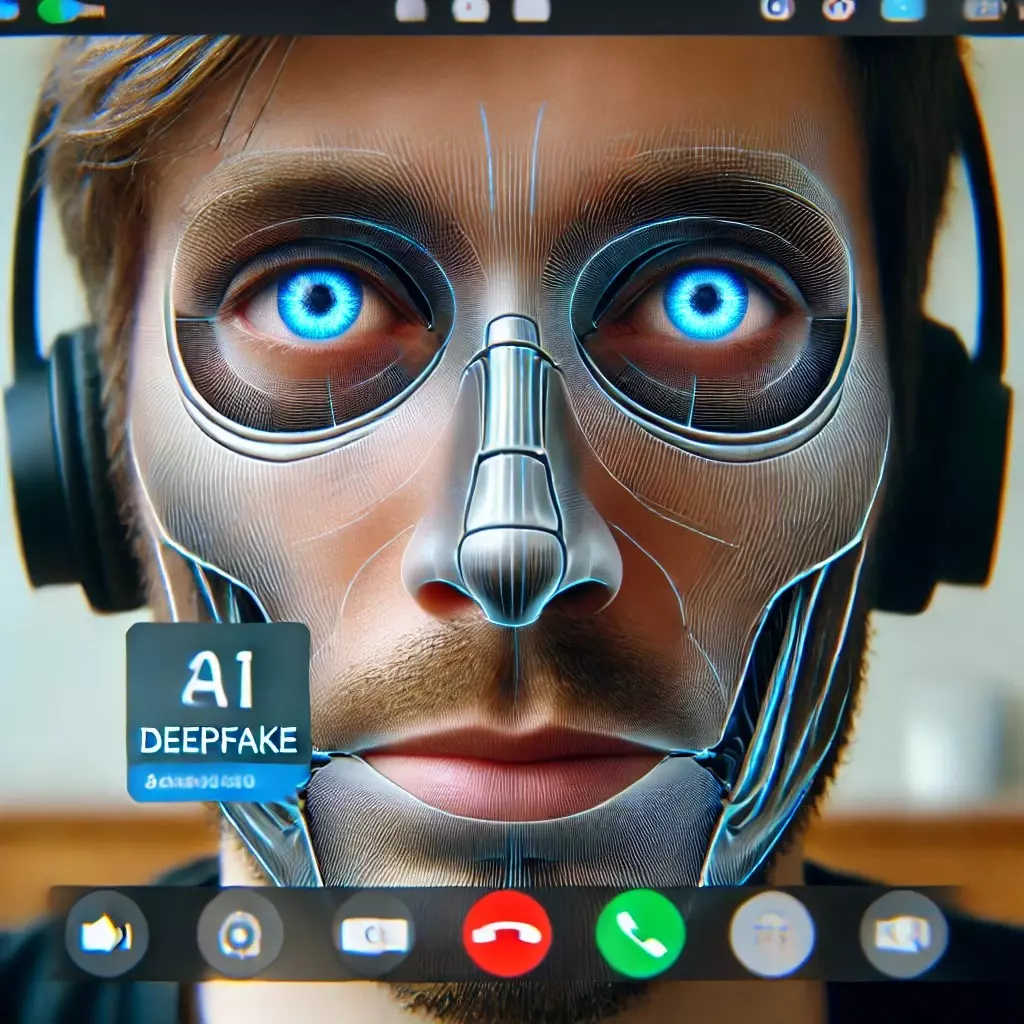
Deepfake technology has made impersonation scams more dangerous than ever. Imagine receiving a video call from what appears to be your real estate agent, confirming new wire instructions—except it’s not them. AI-driven deepfake technology can now clone voices and faces, creating near-perfect impersonations that are being used to deceive home buyers and sellers.
How Deepfake Scams Work in Real Estate
Scammers use AI-driven software to:
-
Clone voices of real estate agents, attorneys, or buyers to confirm fake instructions
-
Generate fake live video feeds where a scammer appears as a trusted real estate professional
-
Forge video-based identity verifications to bypass security checks
Example Case: A title company in Florida nearly fell victim when a scammer impersonating a property owner scheduled a Zoom call. The fraudster used AI software to generate a realistic fake face, but the company detected something was off when the video feed showed unnatural blinking and movements. (FBI IC3 Report, 2023).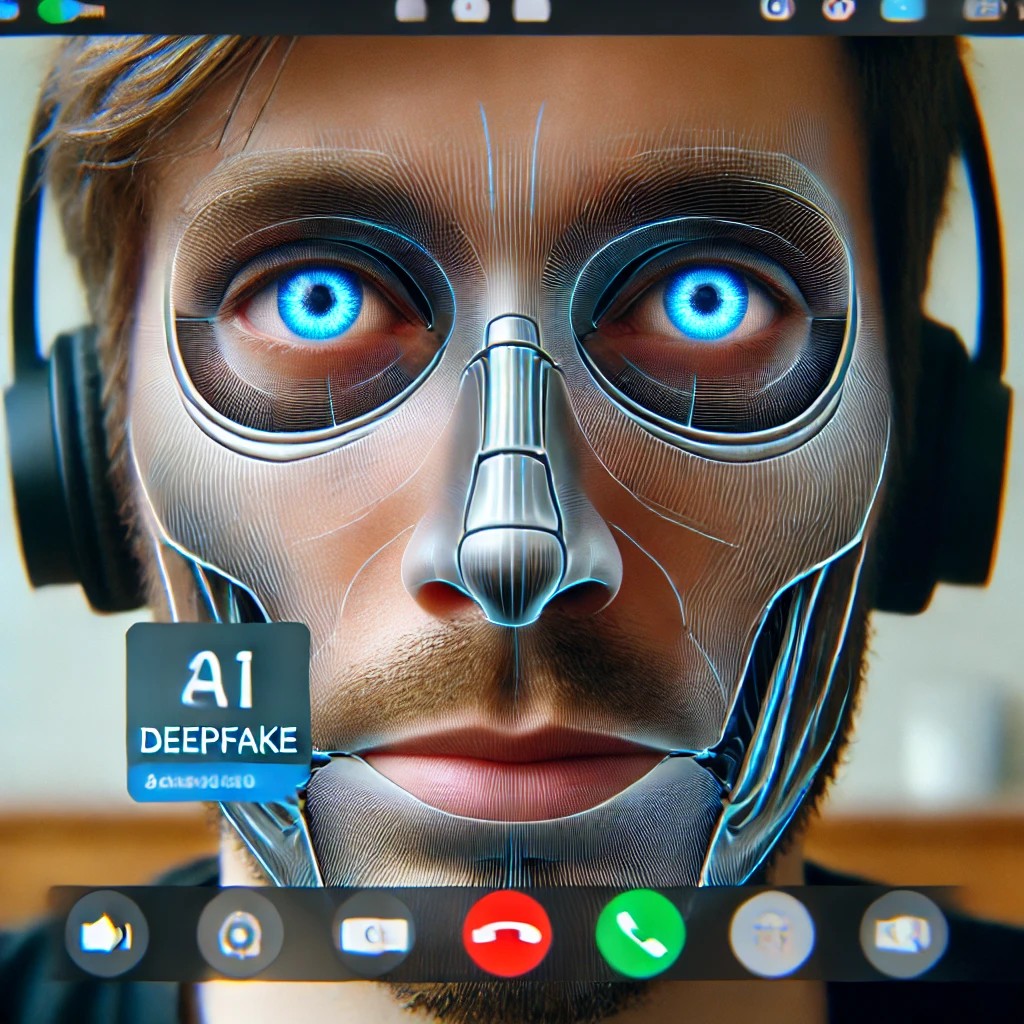
How to Spot Deepfake Scams
-
Look for unusual blinking patterns and facial distortions in video calls.
-
Verify identities using multiple methods, including live phone calls and in-person meetings.
-
Be suspicious of any last-minute changes to financial transactions.
-
Use encrypted verification tools when dealing with high-value transactions.
Read the final post on AI-generated fake listings and documents here
Recent Posts


